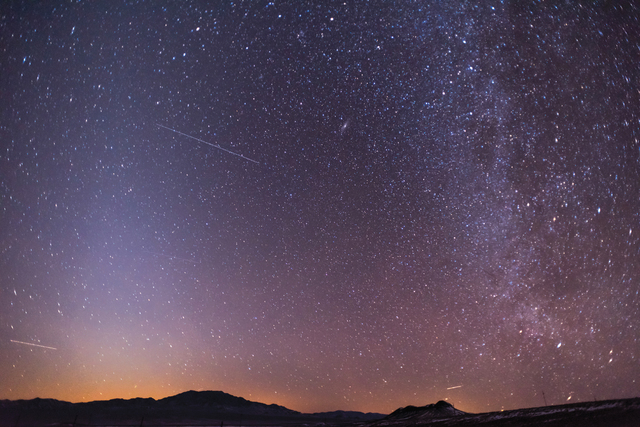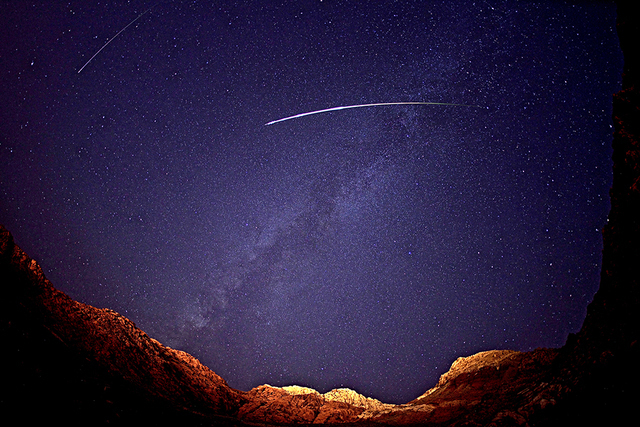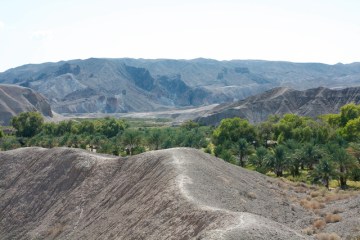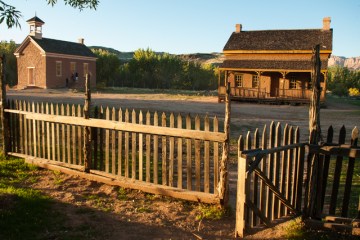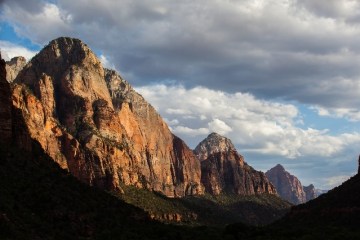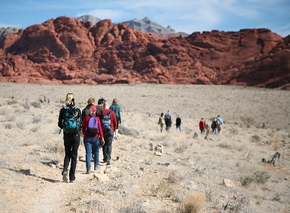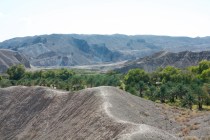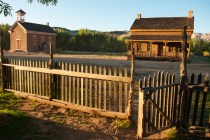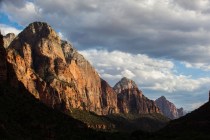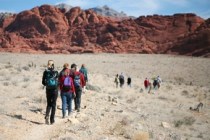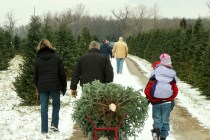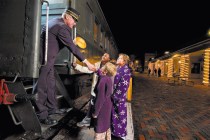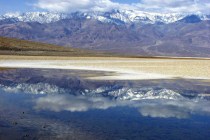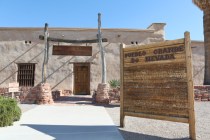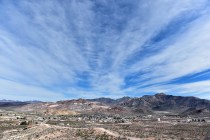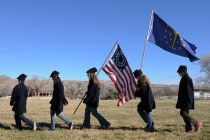Escape the bright lights of Las Vegas for dazzling views of celestial events
Astronomical events occur all year, but largely go unnoticed in urban settings where artificial lighting dims views of night skies. Fortunately for urban Nevadans, night skies light up when they venture just a few miles beyond the glare of city lights. Nevada’s open spaces offer wonderful views of some of the darkest skies in the country.
Celestial events in upcoming weeks such as supermoons and meteor showers are worth taking a short trip after dark or traveling to parks and recreation areas where night hikes, star parties and astronomical festivals are planned.
Though it peaked two days ago, the Perseid Meteor Shower continues through Aug. 24. One of the most active events annually, it produces as many as 60 shooting stars per hour. Shooting stars will be visible after dark away from city lights but are best viewed on clear, moonless nights between midnight and dawn.
Meteor showers occur frequently in fall and winter, with two in October, one in November and two in December. However, three supermoons in the last three months of the year will be bright enough to dim the shooting stars some nights. Occurring when the moon is closest to Earth, supermoons appear larger and brighter than usual.
To enjoy the night sky and its special events, drive away from town into the desert or the mountains. In Red Rock Canyon National Conservation Area, the Bureau of Land Management suggests using the road into Cottonwood Valley off State Route 160, where it is quite dark and night skies are vast. It will be cooler in the Spring Mountain National Recreation Area, but the high peaks and tall pines may obstruct the view. Kyle Canyon and Lee Canyon roads into the Spring Mountains from U.S. Highway 95 provide viewing options. Parking areas at trailheads on Deer Creek Summit are popular and often crowded during meteor showers.
Wherever you decide to stop, pull well off the pavement. Unless you have a convertible or can use the back of a pickup when parked, set up a viewing site nearby.
In Southern Nevada, night hikes are popular in summertime. In Humboldt-Toiyabe National Forest, the Spring Mountains Visitor Gateway on Kyle Canyon Road continues Friday night hikes through Sept. 2, with a nearly full moon Aug. 19. In Red Rock Canyon, full-moon hikes are scheduled through September. Multimedia programs on night skies are coupled with telescopes for viewing at the visitor center. For details, check online at redrockcanyonlv.org or lvastronomy.com. At nearby Spring Mountain Ranch State Park, ranger-led night hikes are regularly scheduled. Call the park for details at 702-875-4141.
Far from populated areas, many national parks emphasize their spectacular night skies with dark-sky ranger programs and celestial viewing in partnership with area astronomical societies. In eastern Nevada, Great Basin National Park is a premier dark-sky park thanks to its remoteness, high altitude and clear air. Great Basin’s full-moon guided hikes are rated as one of the top 10 national park experiences.
Great Basin will celebrate the National Park Service centennial Aug. 25 with the first lighting of a new observatory built near Great Basin’s visitor center at Lehman Caves. Sponsored by four colleges, the observatory’s large telescope will be used by scientists to study distant celestial features.
Ask about astronomical programs when visiting Bryce Canyon, Cedar Breaks, Arches, Canyonlands, Grand Canyon and Yosemite. Death Valley National Park is the largest dark-sky park, and also the closest to Las Vegas. With a gold-tier rating, this desert park’s remote location ensures minimal light pollution. It is at its best fall through spring, when it hosts star parties and astronomy programs in cooperation with the Las Vegas Astronomical Society and the Ventura County Astronomical Society.
Margo Bartlett Pesek’s Trip of the Week column appears on Sundays.



